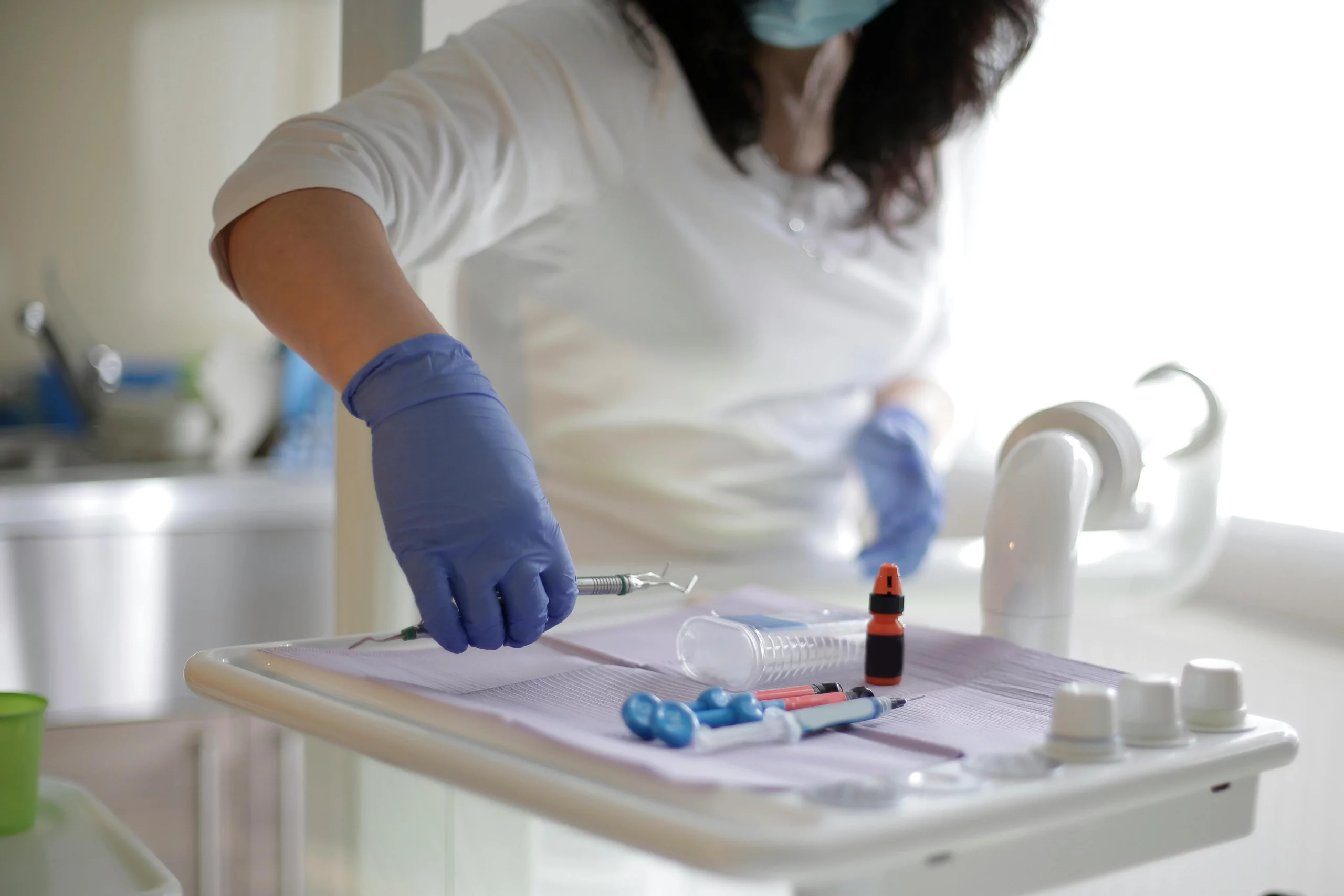What is a Medical Assistant?
A medical assistant is a versatile healthcare professional who performs various clinical and administrative tasks to assist physicians, nurses, and other healthcare providers in delivering comprehensive patient care services. Medical assistants work in diverse healthcare settings, including medical offices, clinics, hospitals, and outpatient facilities, performing both clinical and clerical duties to facilitate efficient and effective healthcare delivery.
Medical Assistant Job Description
We are currently seeking dedicated and skilled medical assistants to join our dynamic healthcare team. As vital members of our medical practice, successful candidates will play a crucial role in supporting patient care delivery, ensuring smooth clinic operations, and promoting positive patient experiences.
As a medical assistant, you will have the opportunity to utilize your clinical skills, interpersonal abilities, and organizational talents to contribute to patient care, medical office management, and healthcare team collaboration.
The ideal candidates will possess strong multitasking skills, attention to detail, and a passion for providing compassionate care to patients.
What Does a Medical Assistant Do?
- Clinical Duties: Assist healthcare providers with patient examinations, procedures, treatments, and diagnostic tests, ensuring patient comfort, safety, and confidentiality throughout the healthcare encounter.
- Obtain and record patients’ medical history, vital signs, chief complaints, and other relevant information accurately and efficiently, using electronic health record (EHR) systems and medical documentation protocols.
- Prepare patients for medical procedures, surgeries, and diagnostic tests by explaining the purpose, process, and potential risks involved, obtaining informed consent, and providing preoperative instructions and postoperative care guidance as needed.
- Perform basic medical procedures and clinical tasks under the supervision of licensed healthcare providers, including taking blood pressure, measuring height and weight, administering medications, collecting specimens, and performing point-of-care testing.
- Assist with patient education and counseling on preventive care, chronic disease management, medication adherence, lifestyle modifications, and self-care techniques, empowering patients to take an active role in managing their health and well-being.
- Administer immunizations, injections, medications, and other prescribed treatments safely and accurately, following established protocols, medication administration guidelines, and infection control practices. Sterilize and maintain medical instruments, equipment, and examination rooms, ensuring cleanliness, safety, and compliance with regulatory standards, infection control protocols, and healthcare facility policies.
- Clerical Duties: Greet patients, answer phones, schedule appointments, and coordinate patient registration, check-in, and check-out processes efficiently and courteously, providing excellent customer service and promoting a positive clinic experience.
- Verify patient demographic information, insurance coverage, and financial eligibility accurately, collect copayments, deductibles, and outstanding balances, and assist with insurance claims processing, billing inquiries, and payment arrangements as needed.
- Maintain medical records, charts, and documentation systems up-to-date and organized, ensuring confidentiality, security, and compliance with HIPAA regulations and medical recordkeeping standards.
- Manage office supplies, inventory, and equipment, order and restock supplies as needed, and assist with administrative tasks such as filing, faxing, scanning, and data entry to support efficient clinic operations and workflow processes.
- Collaborative Duties: Communicate effectively and professionally with patients, families, caregivers, healthcare team members, and external stakeholders to facilitate care coordination, information sharing, and interdisciplinary collaboration in patient care delivery.
- Assist healthcare providers in coordinating patient referrals, diagnostic testing, specialty consultations, and hospital admissions or discharges, ensuring timely and appropriate follow-up care and continuity of care for patients across healthcare settings.
- Participate in multidisciplinary team meetings, quality improvement initiatives, and continuing education programs to enhance clinical knowledge, skills, and competencies, promote evidence-based practice, and contribute to professional development and growth.
How Much Do Medical Assistants Make?
The median annual wage for medical assistants was $38,270 in May 2022.
Skill Requirements
- Clinical Skills: Medical assistants must possess basic clinical skills and competencies in patient care, medical procedures, vital signs measurement, specimen collection, point-of-care testing, and medication administration to assist healthcare providers in delivering safe, effective, and high-quality patient care services.
- Organizational Skills: Medical assistants should demonstrate strong organizational skills in managing multiple tasks, prioritizing workload, maintaining accurate records, and coordinating clinic operations to ensure smooth workflow, efficient patient flow, and optimal clinic productivity.
- Communication Skills: Effective communication skills, both verbal and written, are essential for medical assistants to interact with patients, families, caregivers, healthcare team members, and external stakeholders, fostering clear, concise, and respectful communication in diverse healthcare settings.
- Interpersonal Skills: Medical assistants should exhibit interpersonal skills such as empathy, compassion, and cultural sensitivity in interacting with patients from diverse backgrounds, recognizing their individual needs, preferences, and beliefs, and promoting a patient-centered approach to care.
- Technology Skills: Proficiency in using electronic health record (EHR) systems, medical office software, and healthcare information technology tools is necessary for medical assistants to document patient information accurately, access medical records securely, and navigate electronic medical documentation systems effectively.
- Attention to Detail: Medical assistants must demonstrate attention to detail in performing clinical and administrative tasks, recording patient information accurately, following established protocols and procedures, and identifying and reporting potential errors or discrepancies in patient care processes.
- Teamwork and Collaboration: Medical assistants should possess strong teamwork and collaboration skills to work effectively with healthcare providers, nurses, administrative staff, and other members of the healthcare team, promoting interdisciplinary collaboration, mutual respect, and shared accountability in patient care delivery.
- Continuous Learning: Medical assistants are encouraged to engage in lifelong learning, continuing education, and professional development activities to enhance clinical skills, expand medical knowledge, and stay updated on current trends, best practices, and regulatory requirements in medical assisting.
Example KPIs for a Medical Assistant
- Patient Satisfaction: This KPI measures medical assistants’ effectiveness in ensuring positive patient experiences, satisfaction, and engagement by providing compassionate care, clear communication, and responsive service throughout the healthcare encounter.
- Clinical Competency: This KPI evaluates medical assistants’ proficiency in performing clinical tasks, medical procedures, and patient care interventions safely, accurately, and according to established protocols, standards, and regulatory requirements in diverse healthcare settings.
- Administrative Efficiency: This KPI assesses medical assistants’ efficiency in managing clerical tasks, patient registration processes, appointment scheduling, and medical recordkeeping activities to optimize clinic operations, streamline workflow, and enhance patient access and satisfaction.
- Team Collaboration: This KPI measures medical assistants’ collaboration, communication, and teamwork with healthcare providers, nurses, administrative staff, and other members of the healthcare team to promote interdisciplinary care coordination, information sharing, and quality improvement initiatives.
- Professional Development: This KPI evaluates medical assistants’ engagement in professional development activities, continuing education programs, and certification opportunities to enhance clinical skills, expand medical knowledge, and advance career growth and development in medical assisting.
How Can Glider AI Help You with Hiring a Medical Assistant?
Glider’s recruitment platform is designed to prioritize competency over credentials, enabling organizations to assess candidates’ skills objectively and efficiently. Utilize Glider AI Skill Intelligence™ to streamline the hiring process, identify top-quality Medical Assistant candidates, and ensure a mobile-first, candidate-friendly experience.
Glider AI’s Unique Features
- Verify Medical Licenses
- Validate Hundreds of Medical, Clinical, and Technical Skills
- Ensure Hiring Compliance
- Conversational Chatbot for Talent Screening
- Powerful candidate analytics
- Streamline Healthcare Hiring with AI and Automation
Go ahead and spotlight your Medical Assistant with Glider AI today!
Schedule a Demo or contact us at info@glider.ai



